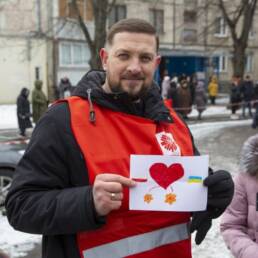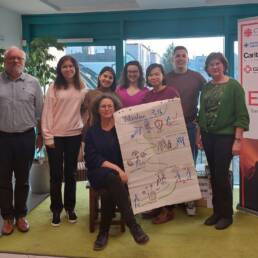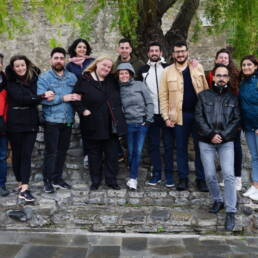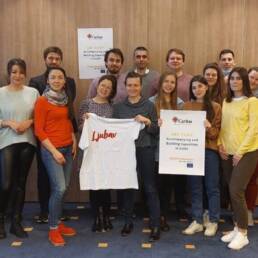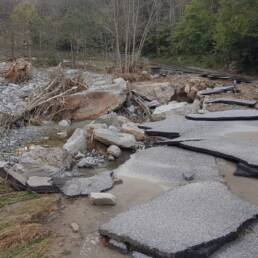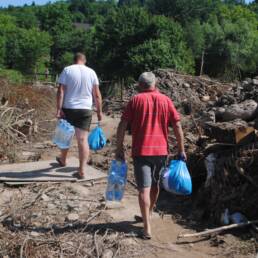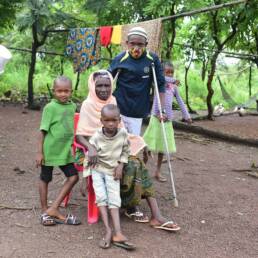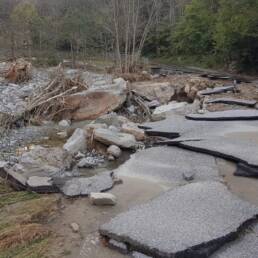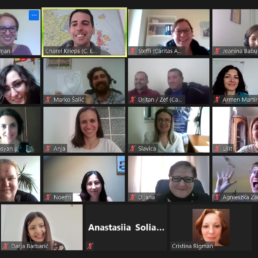Author
Anastasiia Solianyk
Communication Manager
Caritas Ukraine
On 13 March, Caritas Ukraine’s team for the Accompanying and Building Capacities in EU Aid Volunteers (ABC-EUAV) project, together with the management and field specialists, gathered to discuss best ways to implement the project. They established the first goals and divided the responsibilities among the team to ensure that the project responds to the current humanitarian situation in Ukraine
Each Caritas participating in the project has three main tasks to achieve. One of them is emergency preparedness in cases of disaster – the ability to provide needs-based humanitarian aid and to strengthen the capacity and resilience of vulnerable or disaster affected communities. During the kick-off meeting, Caritas Ukraine decided to follow suit of existing practices of flood preparedness, since in the western regions of Ukraine there is the danger of spring and autumn flooding. At the same time, one of the three main cities of Ukraine is located on the Dniper river, near a huge hydroelectric generating station with water reservoirs. In case of damage to the station due to a natural disaster, an emergency situation or an escalation in the war conflict, whole cities will be washed away causing a humanitarian crisis in the country. To prepare disaster risk reduction plans, six local Caritas organisations were chosen – in Drogodych, Kolomyia, Ivano-Frankivsk (western regions with a threat of seasonal flooding), Kyiv, Zaporizhzhiia and Dnipro (with technology-related threat). A Director of Programmes was appointed to supervise this goal with the help of local and national Project Managers, who are connected with the above-mentioned regions and cities.
The second task is to help all partners to gain knowledge and capacity to actively participate in EUAV projects. To achieve this, Caritas Ukraine has to obtain certification as an EUAV hosting organisation in order to have a chance to invite EU volunteers and to develop its organisational capacity at the headquarters and in the local organisations. For this purpose, Caritas Ukraine has to review all its existing policies and instruction to meet the criteria of a hosting organisation. The Director of Organisational Development and Administration, together with the internal auditor, are responsible for gathering all the necessary materials and ensuring that Caritas Ukraine will be certified.
The third task is to develop safeguarding policies, especially in the sphere of volunteer management. Caritas Ukraine is already working on this topic together with CRS and Renovabis, but in a broader sense. So, this goal is in line with what Caritas Ukraine is fulfilling now, as it acknowledges that proper safeguarding is essential for the effective work of any humanitarian organisation.
At the end of the kick-off meeting, all participants agreed to put their best efforts into achieving all three project goals in the most effective and productive way. They will also hold shorter meetings during the next two weeks to monitor and evaluate progress of the distributed tasks.


